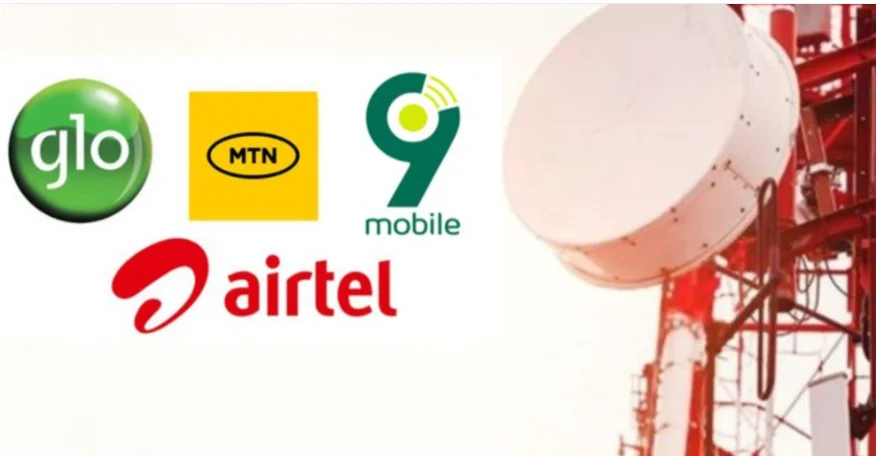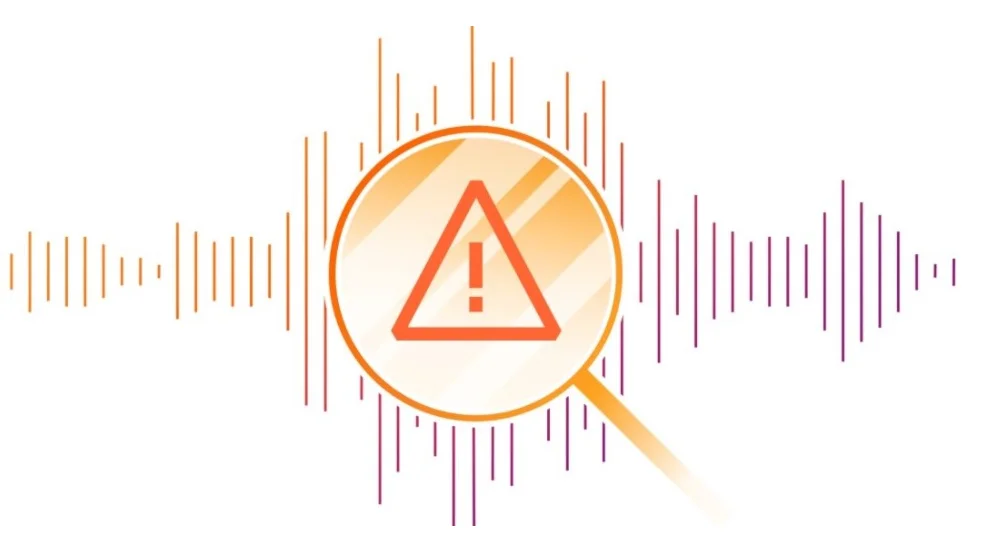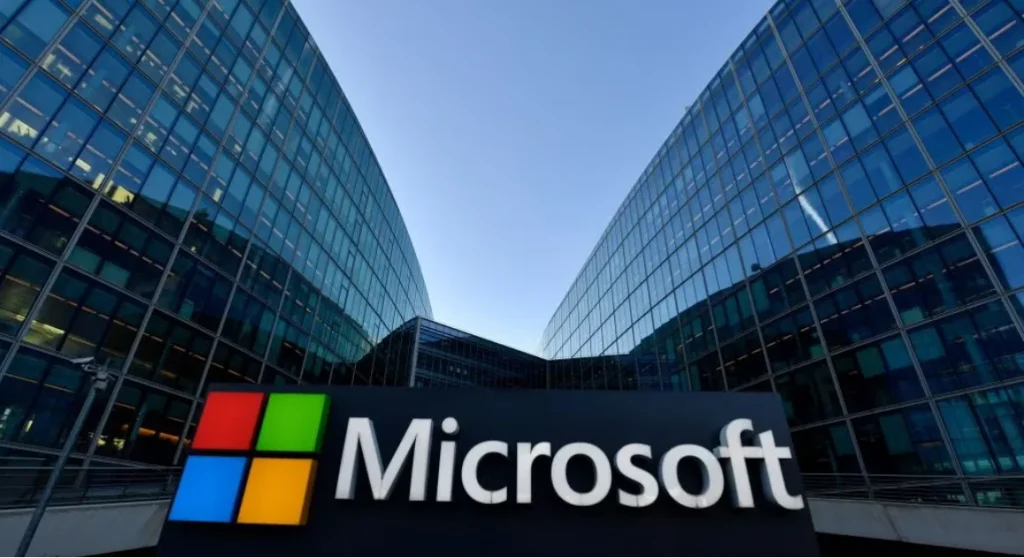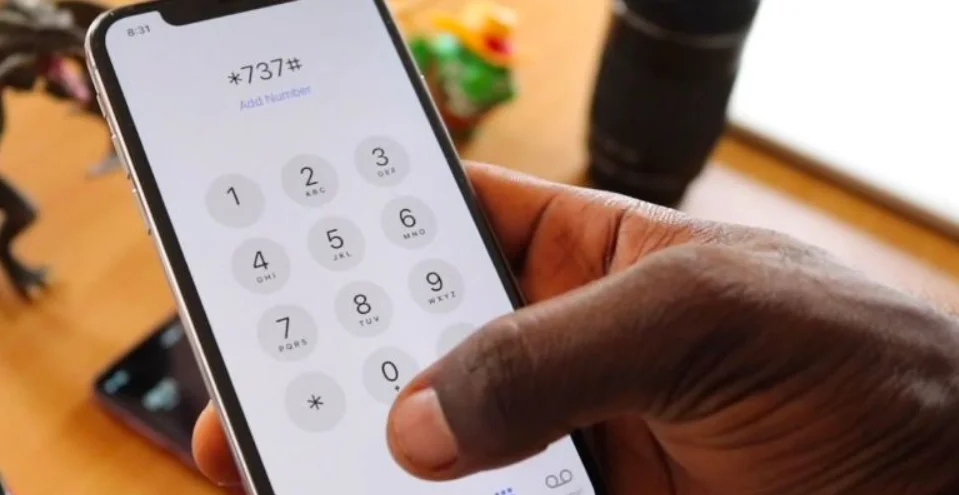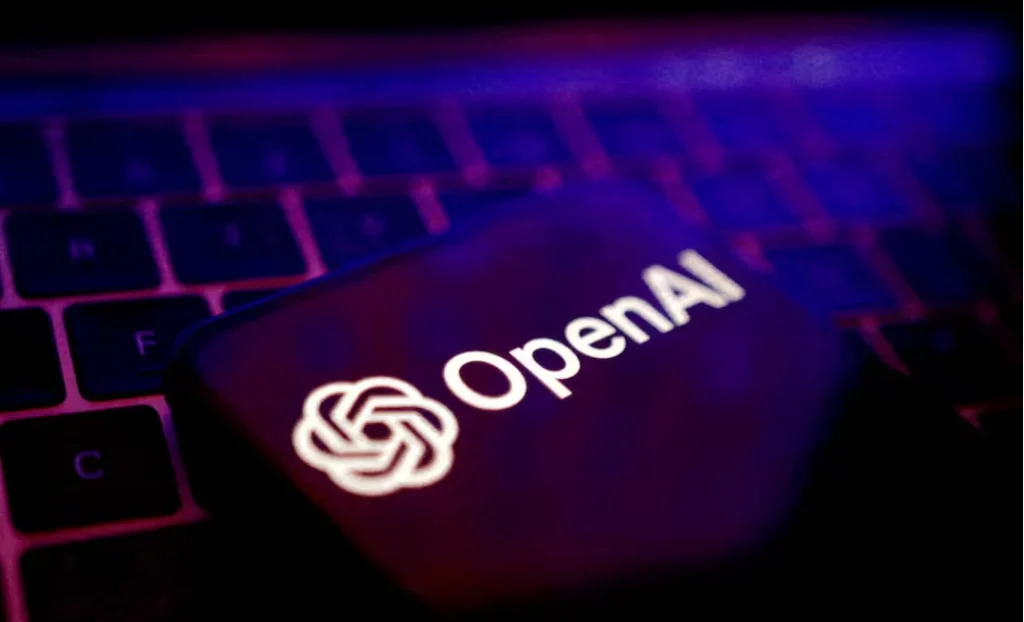Nigeria’s fintech sector is bracing for possible service disruptions and revenue losses as the Central Bank of Nigeria (CBN) enforces its new PoS geo-tagging regulation. With an October 31, 2025, deadline looming, all Point-of-Sale (PoS) terminals must be geo-tagged and recertified.
While regulators argue the move will boost transparency and reduce fraud, fintechs and PoS operators fear the cost of compliance, rigid restrictions, and tight timelines could slow market growth and stall revenues.
Scale of the PoS Geo-Tagging Exercise
- Nigeria currently has over 8.3 million registered PoS terminals, with 5.9 million already deployed as of March 2025.
- The Nigeria Inter-Bank Settlement Systems (NIBSS) has directed all issuers to submit details for recertification.
- Terminals must now support native geolocation services, double-frequency GPS receivers, and meet Android OS 10 minimum requirements.
The goal, according to regulators, is better oversight, improved location tracking, and stronger fraud prevention.
Fintechs Fear Revenue Stalls
For fintechs, compliance means higher operational costs and slower growth.
An executive at a leading fintech firm, speaking anonymously, noted:
“This is a CBN regulation, and we are all going to bear the cost one way or the other. Aside from the technical costs, PoS growth is going to slow, and revenue is going to stall.”
Movement Restrictions Could Hurt Merchants
Another concern is the 10-meter movement limit for tagged terminals. Merchants who move slightly away from their registered business location may face service disruptions.
Similarly, some fintechs have paused onboarding new PoS devices to focus on meeting NIBSS’s recertification deadline.
PoS Operators Demand More Time and Flexibility
The Association of Mobile Money and Bank Agents in Nigeria (AMMBAN) says the timeline is unrealistic.
Mr. Yusuf Adeyemo, the association’s National VP, explained:
- Geo-tagging millions of devices within 60 days is impractical, given network and verification challenges.
- The 100-meter operational radius set by the CBN is “too restrictive,” especially for agents working in motor parks or open markets.
Adeyemo also stressed that while fraud reduction is important, the CBN should certify agents as well as devices to ensure lasting impact.
Why CBN is Pushing Geo-Tagging
The CBN’s mandate is part of a broader push to modernise Nigeria’s payment infrastructure.
- From August 2025, all players in the payments ecosystem—banks, microfinance institutions, fintechs, and switching companies—must adopt the ISO 20022 messaging standard.
- Geo-tagging ensures every transaction is tied to a precise merchant location.
- Transactions not routed through a Payment Terminal Service Aggregator (PTSA) will be blocked.
The CBN argues this reform will:
- Improve payment data quality
- Enhance transaction oversight
- Reduce fraud and unauthorised use of PoS terminals
Potential Gains and Trade-Offs
Benefits of PoS Geo-Tagging:
- Greater accountability and transparency
- Real-time visibility of transactions
- Fraud prevention through geofencing and automated alerts
- Improved customer trust in digital payments
Risks and Trade-Offs:
- Compliance costs (software upgrades, recertification fees, terminal upgrades)
- Possible increase in transaction fees for end-users
- Rigid geo-fencing could lead to failed transactions in markets and semi-formal retail spaces
- Short-term slowdown in PoS deployment and expansion
Conclusion
The CBN’s PoS geo-tagging regulation aims to strengthen Nigeria’s payment ecosystem, but the tight timelines and rigid rules may cause short-term disruptions for fintechs, agents, and merchants.
While the policy could ultimately reduce fraud and build trust in digital payments, compliance costs and restricted mobility risks are slowing the rapid growth of Nigeria’s PoS industry.
As the October 31, 2025, deadline approaches, the industry will be watching closely to see whether regulators grant more time and flexibility, or whether operators will have to adapt at significant cost.



